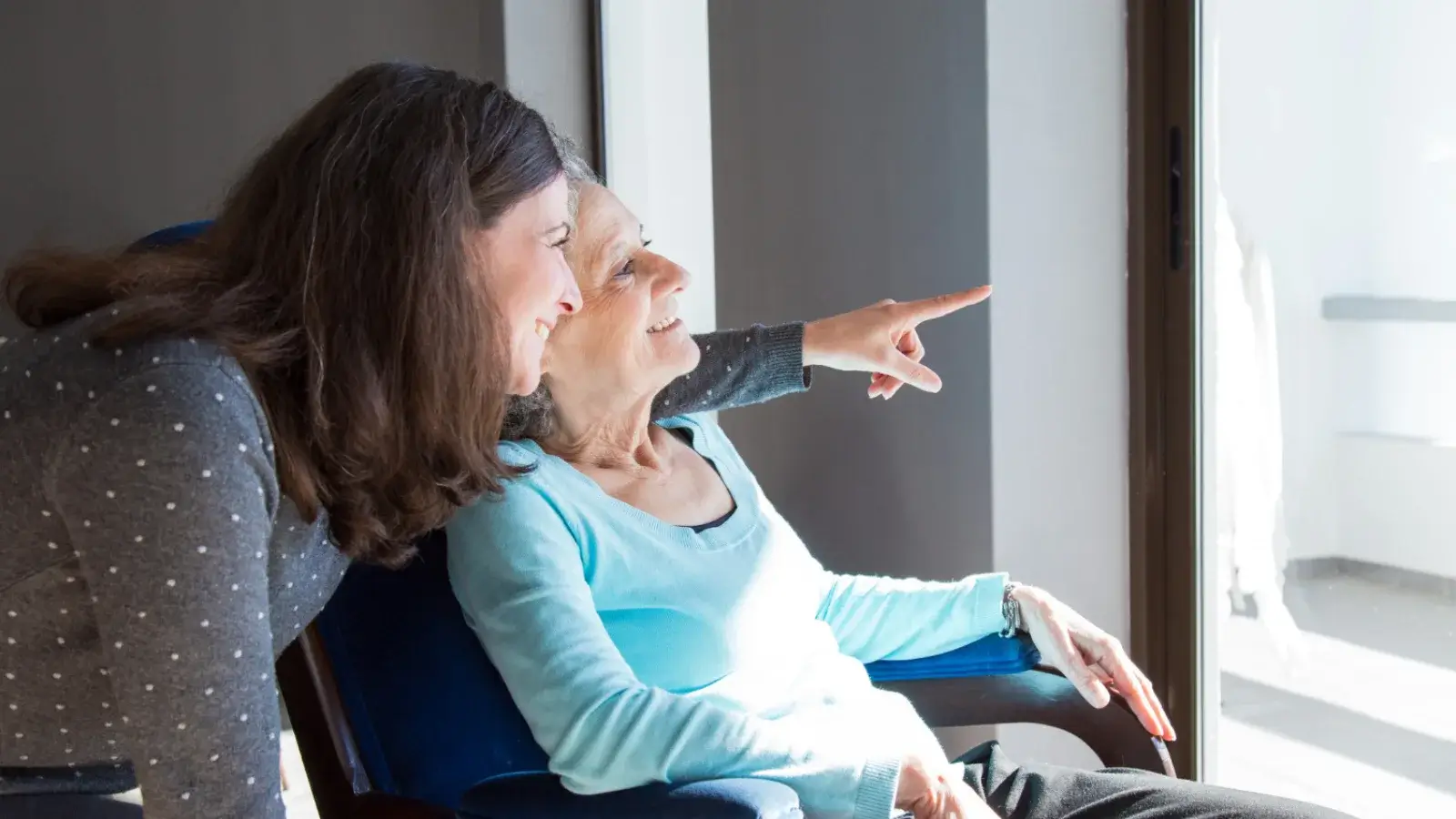
The Heart of Family Support: Exploring the Role of Relative Care

When someone in the family needs support whether due to age, illness, or disability—the first people to step in are often relatives. This type of caregiving, known as relative care, goes beyond just helping with daily tasks. It reflects deep family bonds, emotional resilience, and an unwavering commitment to one another.
Understanding What Relative Care Means
Relative care involves a family member providing support to another family member who cannot fully care for themselves. This care can be long-term or temporary, depending on the situation. It might be an adult child taking care of an aging parent, a grandparent raising grandchildren, or a sibling supporting a brother or sister through a chronic condition.
What makes this form of care unique is the pre-existing emotional connection. Unlike hired help or institutional support, relative care brings familiarity and trust that can significantly enhance the well-being of the person receiving care.
The Human Side of Caring for Loved Ones
Providing care for a loved one can be one of the most rewarding experiences in life—but it also comes with challenges. The role often begins with love and a sense of responsibility. Over time, it evolves into a daily routine that may include managing medications, preparing meals, attending medical appointments, and offering companionship.
Yet, it's not just about physical support. Emotional presence matters as much. The comforting voice of a familiar relative, the shared memories, the jokes, and quiet understanding are powerful elements that make relative care more than just a service. A human connection fosters healing, safety, and peace of mind.
Why Relative Care Is a Cornerstone of Family Life
In the middle of today's fast-paced world, relative care remains a strong pillar that holds families together. When formal support systems fall short or are too expensive, families often turn inward to provide for each other.
Relative care might sound simple, but it covers a broad and vital part of society's caregiving structure. It helps prevent isolation for those needing assistance and creates a safety net that many people rely on, especially in communities with limited professional care options.
Beyond that, it also shapes the next generation's understanding of empathy, patience, and service. Children who witness acts of care within the family often grow up with a deeper appreciation for compassion and responsibility.
The Hidden Challenges of Being a Family Caregiver
Despite the rewards, family caregiving is not without its difficulties. Physical exhaustion, emotional stress, and financial strain are common among those taking this role. Family caregivers often juggle employment, parenting, and their own health while supporting another relative.
One of the most overlooked aspects is the emotional toll. Watching a loved one struggle with illness or the limitations of aging can be heartbreaking. It can also lead to caregiver burnout if there's no support in place for the person providing the care.
That's why it's essential for caregivers to also care for themselves—seeking time to rest, talk to others in similar situations, and make room for their own mental health and well-being.
Supporting Those Who Support Others
Recognizing the value of relative care means acknowledging the people who provide it. This includes offering them access to respite services, support groups, and financial resources when possible. It also means creating a culture where caregivers are appreciated, encouraged, and never made to feel invisible.
Communities, families, and workplaces can all help make life easier for family caregivers. Every bit of support matters, whether checking in regularly, helping with errands, or simply saying thank you.
Relative Care: A Quiet but Powerful Form of Love
Some of the most meaningful acts of love are never posted online or celebrated publicly. They happen quietly, behind closed doors like helping a parent dress for the day, making meals for a sibling who can't cook anymore, or spending time with a grandparent who needs someone to talk to.
Relative care is the embodiment of these quiet, powerful moments. It's not driven by obligation but by the strength of connection and the desire to protect, uplift, and stand by one another.
Moving Forward with Compassion and Understanding
As our population's age and health conditions become more complex, the role of family caregivers will continue to grow. Recognizing and supporting relative care is no longer a private matter, it's a societal need.
We all have a role in making this kind of care more sustainable and less isolating for those involved. Whether you're currently a caregiver or may become one in the future, understanding the importance of this role can help shape a more compassionate and connected world.












